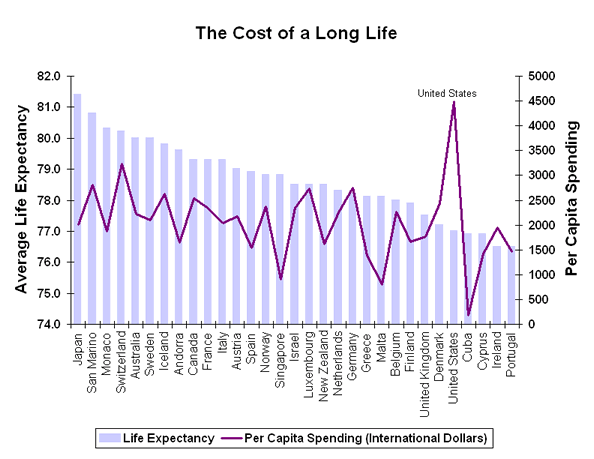I read today about Obama chiding Wall Street for their reported $40 billion dollars in bonuses this year (even though they were down over the past few years). It does offend one’s sensibilities, I certainly agree.
I mean…if risky mortgages are the source of the problem, then don’t bail out the banks, bail out the people…the banks get the money in the end anyway (since the people still have to pay the mortgage) and the people get to keep their homes.
If you bail out the banks…the banks get the money, the people still lose their homes…which then means the banks get the homes………so the banks get the homes AND the money: And they were the ones responsible for the mess in the first place (to the losers go the spoils)!
Seems like they’re making out like bandits. We lose our homes AND we pay to bail them out. But whatever….that’s another conversation (the gist being that it really ISN’T the bad mortgages that are causing banks trouble, otherwise bailing out the people would be a more logical economic and political solution).
What the continuance of Wall Street bonuses really means is that pay for performance is a myth, and that is what it has to do with my job (HR Consulting). Pay for performance is the idea that each is paid (in some measure) according to what they contribute. If you do better, you get more. A bonus (since it is a BONUS and not part of regular pay) would be linked to some performance measure and if you meet that measure then you get the bonus.
This is where it gets a little human on us: The bonuses are largely paid out anyway (people set goals attainable within the normal flow of work, or managers “adjust” for externalities, etc.) In effect, bonuses are not pay for performance (otherwise Wall Street wouldn’t get any)….they are really just a part of base pay. In a good year you may earn 100% of a potential bonus; in a poor year you may still earn 75%.
Merit pay increases work the same way: The average salary increase is 3.5% or so a year. The average merit increase for good performers is 5%; top performers 7%. In other words, there is only a 4% difference in pay increases between those who are just drawing paychecks, and those who are the best of the best (the best of the best do get promoted though).
Anyone who’s ever worked in corporate America knows the top performers are worth 10x or more than the average worker.
Of course there is the issue of measurement (how do you know how much more someone is worth?), and the issue of fairness (would you work next to someone doing your job that is making 10x more than you?), and the holdover from manufacturing/assembly line era of pay where a warm body is a warm body…anyone can pull a lever or start a machine, so everyone should make the same. And then there is simplicity: its easier to largely pay people the same.
Anyway, don’t blame Wall Street for their bonuses for the most part….its just part of salary.
Tags: HR


 Entries (RSS)
Entries (RSS)